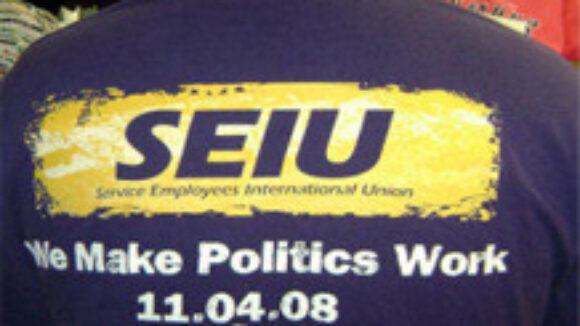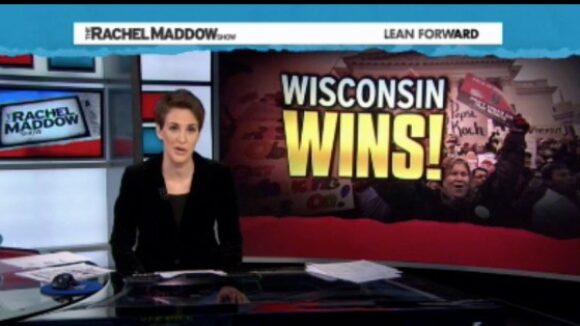Big Labor Flying Too Close to the Sun
Fox All Star and syndicated columnist Charles Krauthammer discusses the meaning of the Wisconsin recall election and how taxpayers have finally had enough of Big Labor's power and pocketbook grabs while union bosses claimed mythical societal benefits arose from forced-dues:
Tuesday, June 5, 2012, will be remembered as the beginning of the long decline of the public-sector union. It will follow, and parallel, the shrinking of private-sector unions, now down to less than 7 percent of American workers. The abject failure of the unions to recall Wisconsin Gov. Scott Walker (R) — the first such failure in U.S. history — marks the Icarus moment of government-union power. Wax wings melted, there’s nowhere to go but down.
The ultimate significance of Walker’s union reforms has been largely misunderstood. At first, the issue was curtailing outrageous union benefits, far beyond those of the ordinary Wisconsin taxpayer. That became a nonissue when the unions quickly realized that trying to defend the indefensible would render them toxic for the real fight to come.
But as the recall campaign progressed, the Democrats stopped talking about bargaining rights. It was a losing issue. Walker was able to make the case that years of corrupt union-politician back-scratching had been bankrupting the state.
The real threat behind all this, however, was that the new law ended automatic government collection of union dues. That was the unexpressed and politically inexpressible issue. That was the reason the unions finally decided to gamble on a high-risk recall.
Without the thumb of the state tilting the scale by coerced collection, union membership became truly voluntary. Result? Newly freed members rushed for the exits. In less than one year, -AFSCME, the second-largest public-sector union in Wisconsin, has lost more than 50 percent of its membership.





